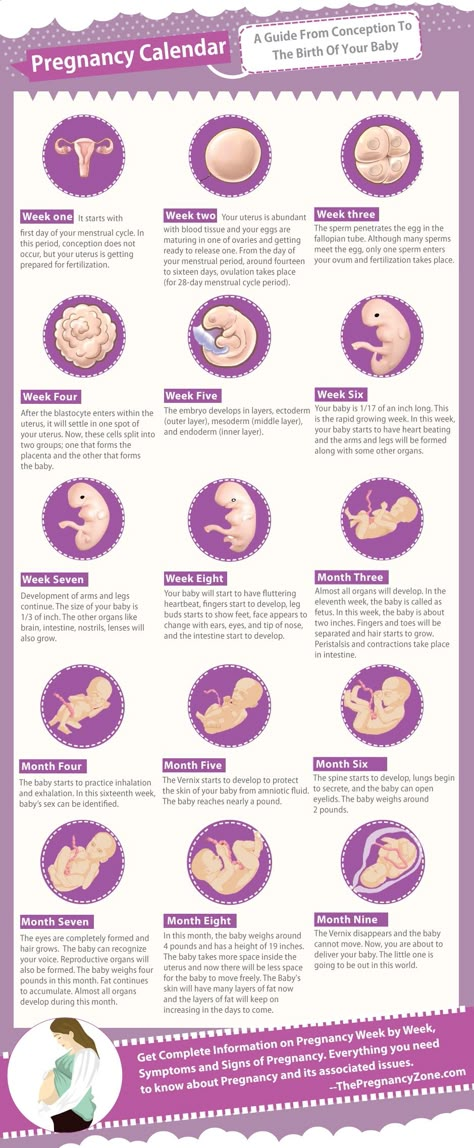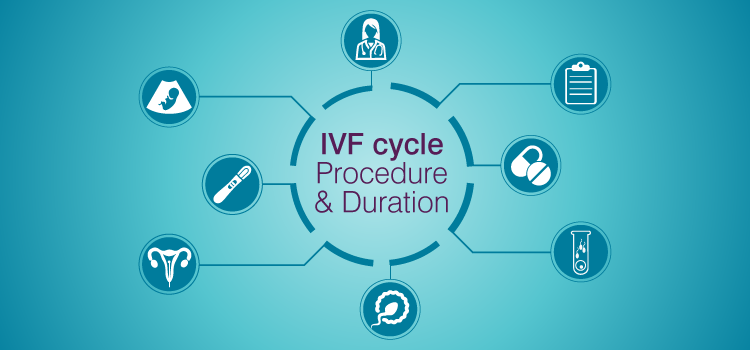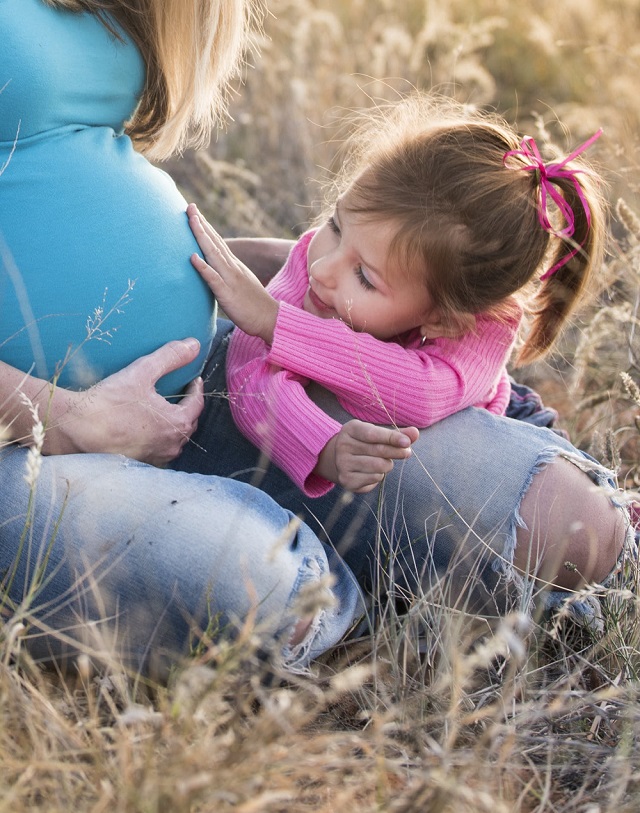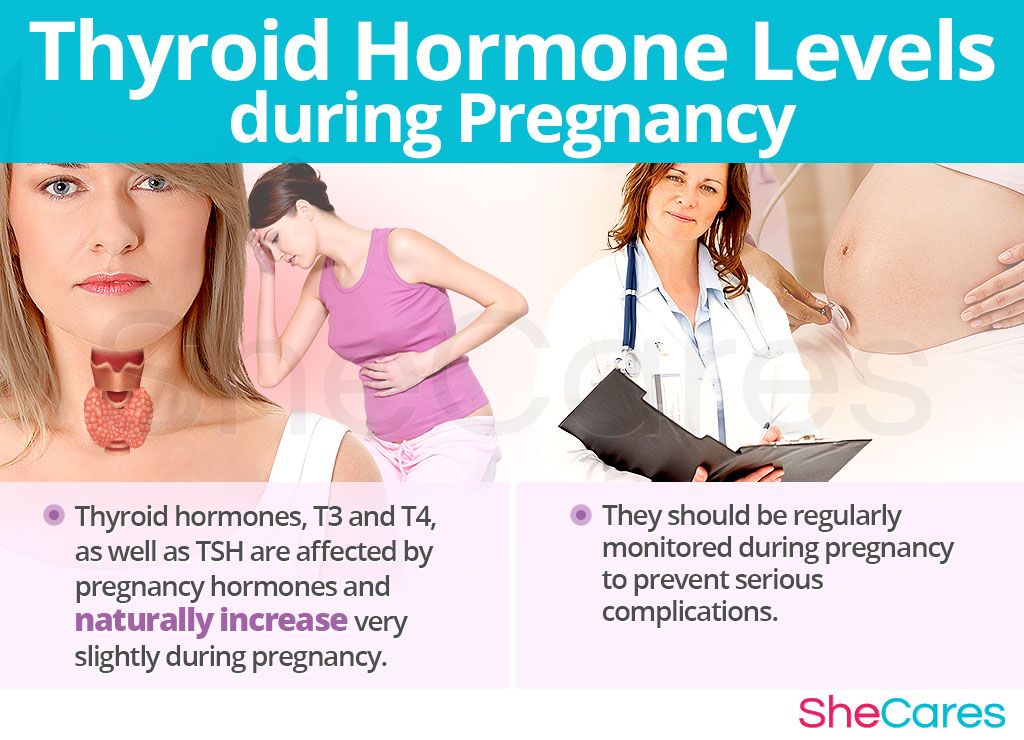Baby's breath smells like vomit
Baby's Breath Smells Like Vomit, Vinegar, or Sour Milk? Here's Why and What You Can Do
We’re supported by moms. When you buy through links on our site, As an Amazon Associate, I may earn a commission.
You are sitting cradling your precious new baby. Soaking up all their little features, their tiny hands, and fingers, their cute button nose. It all seems surreal that only a few weeks ago they were the ones kicking and punching your bladder.
Everyone I meet seems to have a weakness for that new baby smell. A mixture of bubble baths and lotions and sour milk. Wait? Sour milk?
That’s right! As precious and perfect as your little ones are, they can carry those pesky horrid stinks quite well. From diaper explosions to spit-ups from their feeds not all smells are good coming from newborns.
In this article, we will be looking at the reasons why a baby’s breath smells like vomit, vinegar, or sour milk.
Table of Contents
- 1 Why Is My Baby’s Breath Stinky?
- 1.
1 Sour Breath
- 1.2 Gastrointestinal Reflux
- 1.3 Sweet Breath
- 1.4 Vinegar Breath
- 1.5 Gastroesophageal reflux disease
- 1.6 Vomit Breath
- 1.7 Cheese Breath
- 1.8 Metal Breath
- 1.9 Garlic Breath
- 1.10 Poop Breath
- 1.11 Fish Breath
- 1.
- 2 Understanding Oral Hygiene in the Early Years
- 3 Other Reasons For Stinky Breath
- 3.1 Sickness
- 3.2 Teething
- 4 FAQs
- 4.1 Why does my baby’s breath smell like rotten eggs?
- 4.2 What causes bad breath in babies with allergies?
- 4.3 How often do I change my baby’s toothbrush?
- 5 The Final Thought
Why Is My Baby’s Breath Stinky?
Many things can contribute to a baby’s bad breath in exactly the same way as they do for adults with the same problem.
Things like the diet they are eating, what oral hygiene routine they are following if any, along with how often they have a pacifier can all contribute to bad breath.
Normally with a few changes to these things, stinky baby breath can be easily dealt with and eliminated.
However, if you have tried changing some or all of these things and the issues persist, it is possible that there is something more serious going on and you need to get some medical help.
So let’s take a look at some of the most common baby bad breath smells, the causes, and what you can do about them.
If you find your baby has:
Sour Breath
You don’t have to be a rocket scientist to work out what the first cause could be that would lead to sour breath.
For around the first 6 months of their lives, babies are on a diet of either breast milk or formula milk so it is common for their breath to smell like sour milk.
Usually, this is nothing to be concerned about and it is very common however in some cases your baby could be developing Gastro – Reflux.
Gastrointestinal Reflux
This is less common in babies. It is when the stomach lining forces the stomach contents to sit in the esophagus.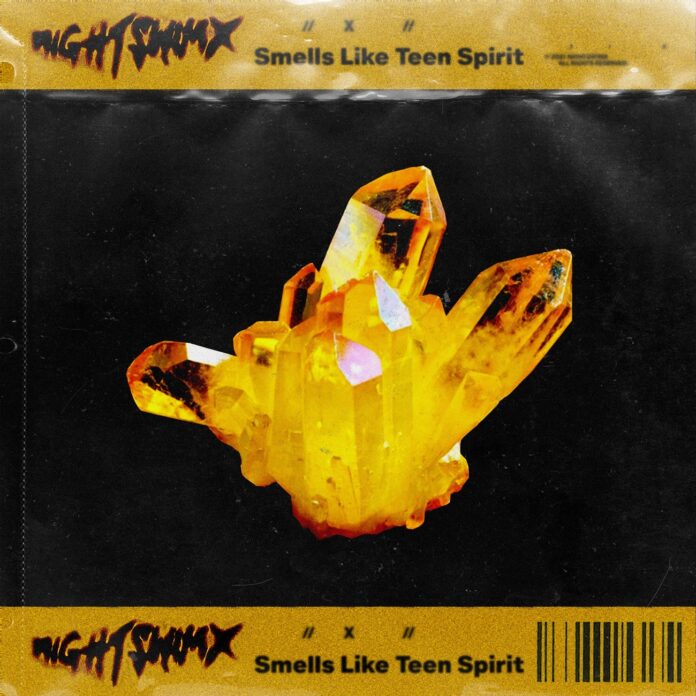 Hence why you can smell the sour milk more prominently.
Hence why you can smell the sour milk more prominently.
Whilst doing this it is forcing acid up to your baby’s throat which can become painful and unsettling when they are feeding.
If you are concerned about reflux in your little one lookout for signs of restlessness, refusing feeds, signs of pain and discomfort, excessive vomiting, and or arching their backs whilst crying.
There are many things a doctor can prescribe to help with this so please if that sour smell is lingering on your baby’s breath don’t hesitate to get it checked out!
View in gallery
Sweet Breath
Most parents would not consider sweet-smelling breath a problem but it can in fact be an indication that something is not quite right.
Type 1 Diabetes is an autoimmune disease in which the pancreas produces little or none of the hormone insulin, which is used to break down food properly. Diagnosing diabetes in young babies can be extremely difficult. But there are a few warning signs that you could watch out for:
- Sweet-smelling breath
- Fatigue
- Yeast infections in the mouth or diaper area
- Behavioral changes
- Sugar in their urine.

If your baby is displaying any of these symptoms it is best to check in with your pediatrician. Even though the chance of your baby having diabetes is very small it is better to be safe than sorry.
Vinegar Breath
You may be reading this thinking ‘is this for real?’ But if you are a parent that is facing a child with a vinegar smelling breath then you will soon learn that this can be a very real smelly issue!
Firstly, the smell of vinegar may not be your baby’s breath. As we fall in love with our baby’s we can pinpoint every wrinkle, crease, and skin roll on their bodies. Guess what… so can milk!
You may find that a quick outfit change, bath, or spot clean around your baby’s neck, face, throat, and chest may be enough to get rid of any spit-ups that you have missed.
Milk once left to dry can have a vinegar smell so it could be a quick wash to remedy this issue!
If a wash and change of clothes have not got rid of the vinegar smell and the smell is definitely coming from their mouths then it’s time to investigate it further. If the problem is persistent then a quick trip to the doctor will be needed to rule out any nasty bugs.
If the problem is persistent then a quick trip to the doctor will be needed to rule out any nasty bugs.
Gastroesophageal reflux disease
This is otherwise known as GERD and it can have an effect on your baby’s breath. Acid reflux can also be the reason for sour or vinegar breath if it is accompanied by other symptoms such as:
- Colicky behavior
- Gas
- Vomiting
Vomit Breath
This can be quite a common smell on your little one’s breath. Most babies may vomit during and after meals and this is purely down to their immature digestive system.
View in gallery
Like you and I, they have to learn about when to say no to more food. This can become difficult if you are handing them a heavy stream of luscious milk.
If their stomach becomes too full then they will expel any excess that they don’t need. Taking this into account it is no wonder that the smell of vomit may linger on their breath.
Although this is common if you notice that the vomit smell is constant you should really be looking for some other symptoms signaling that your little one may have some digestive or dietary problems that need addressing.
It could be a sign of acid reflux or GERD and they should be seen by a pediatrician.
Cheese Breath
If your baby has a cheesy breath then the first thing that you need to do is eliminate the possibility that it is actually them that has the cheesy odor.
Start by giving them a good wash making sure that you get into all the little folds of skin all over their body and a fresh change of clothes.
If after a change and bath you realize that it is in fact not your baby that is the offender and the odor is definitely coming from their mouth it could just be the formula or breast milk that they are consuming.
However, consistent cheesy breath can also be a sign of oral thrush. This is a common problem in both adults and children and is caused by yeast overgrowth, it can easily be treated with the correct medication.
Metal Breath
If your baby’s breath has a metallic smell, you may want to double-check that your baby is not sick or dehydrated. You should also check that your baby does not have any cuts or ulcers in their mouth as blood does have a metallic odor.
If even after following good oral hygiene and the smell is still present then you need to consult a pediatrician.
Although this is usually a symptom of common illness or dehydration it could also be a sign that your baby is suffering from acid reflux, GERD, or respiratory infection.
Garlic Breath
Although your baby is unlikely to be chowing down on the latest Italian delicacy there is the possibility that the flavors that you are eating are making their way into your breastmilk.
If your baby is already started eating solids then there is the chance that it could simply be something that they have eaten. Grab a toothbrush and give that mouth a quick clean not forgetting their gums and tongue as well as their teeth.
View in gallery
Poop Breath
When it comes to a breath that smells like poop, there are several causes that you will need to consider. First of all, you need to follow good oral hygiene practices in order to prevent the build-up of any odor-causing bacteria.
If your baby does not have teeth then a wipe of their gums with a clean wet cloth should do the job.
But if your baby is older and has teeth then they should already be brushing and flossing twice a day. If you have already been doing this then there may be other causes.
Pacifiers and thumb sucking can lead to bad breath this will be due to bacteria being introduced to the mouth. Make sure that anything that enters your little one’s mouth from hands, pacifiers, and teething toys are meticulously cleaned regularly.
If neither of these reasons solves the problem then a visit to your pediatrician would be advised to rule out any common illnesses such as respiratory infection, sore throat, or even a common cold.
There are more serious conditions that the foul breath could be an indicator of such as a dental abscess, oral infection, a side effect of prolonged vomiting, or bowel obstruction.
Fish Breath
If your baby’s breath has a fishy, ammonia, or even urine odor to it and it is not resolved by brushing or washing your baby’s mouth and face, then a trip to your pediatrician is your next move as it could be a symptom of a serious liver or kidney disease.
Understanding Oral Hygiene in the Early Years
Most parents overlook oral hygiene before a baby has their first tooth, but according to experts, it can be a vital step to improving the bad smells that may linger in your baby’s mouth.
We are not expecting you to buy your newborn a toothbrush and paste just yet. However, gently rubbing your baby’s gums with a wet cloth can help get rid of any bacteria that may be causing unpleasant smells.
As soon as you notice a little pearly tooth appears, it is recommended that you brush softly with a tiny amount of baby toothpaste.
This not only helps your dear little one understand that this is now part of their routine but it also provides great early care for their milk teeth.
As the number of teeth they have increased, you will notice that brushing is now a normal part of your daily routine and that your child will be more likely to allow you to keep an eye on their teeth.
It is also important to get a check-up with a pediatric dentist by the time your little one turns one.
Other Reasons For Stinky Breath
View in gallery
After looking through the many reasons why your baby has a foul lingering smell on their breath and deciding that you are now doing everything in your power to help them, it may be time to look at other factors. Some of these are:
Sickness
If your little one is feeling under the weather this may have an impact on their breath. Let’s face it we have all been there with the horrid taste in our mouths when we are unwell.
The same applies to babies and children. If your baby has a cold or mucus in their nose then this can contribute to mouth breathing and their breath can be a tell-tale sign of infection in the throat or sinuses.
If ever in doubt check with your doctor and I’m sure they will be able to prescribe medication if it is needed.
Teething
Generally teething is not a known culprit for bad breath in babies. However, I found that when a new tooth was due their breath definitely changed odor.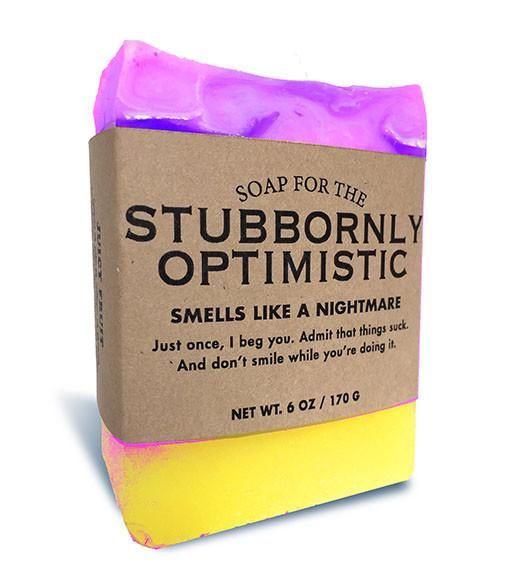
Just remember that every baby is different and if you have ensured that their mouth is clear of foreign bodies then you should consult with a dentist just to rule out any mouth infection.
FAQs
Why does my baby’s breath smell like rotten eggs?
If you find your baby’s breath smells like rotten eggs then it is likely down to the way they are digesting food.
When food is broken down in the mouth and digestive system, it creates a chemical compound known as Hydrogen Sulfide. This is a normal process, however, in some cases, more of this compound is created resulting in bad breath.
What causes bad breath in babies with allergies?
Allergies and sicknesses can cause poor drainage in the sinuses. This is definitely a contributor to smelly breath in adults and children alike.
How often do I change my baby’s toothbrush?
You should be aiming to change your toddler’s toothbrush at least once every 3 months or when the bristles start to spread out.
Sometimes bad breath occurs with infection and if this is the case, change the brush straight away to lessen the impact of harboring the bacteria on their brush.
The Final Thought
Ultimately a baby is the sweetest part of life and everything about them is a magical wonder.
From the very first moment of learning about your pregnancy to the day they are placed in your arms, the relationship and bond between mom and baby are spectacular.
Don’t allow the nasty breath to overshadow your judgment. You know your baby best! If you feel like something is not quite right then best to check it out with the doctor/dentist.
We all have bad breath from time to time and babies are no exception. Follow the good oral hygiene tips and tricks mentioned in this article and I am sure your precious one will be smelling sweet again in no time!
Babies are curious things and they do plenty of strange things that nobody tells you about, to find out more check out the 15 things nobody tells you about babies.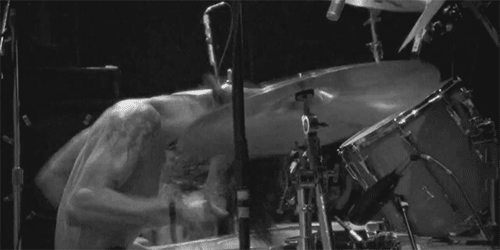
Emma Davies
Hi, I'm Emma and I'm a mother to 5 beautiful children aged from 1 to 21 years old- life is hectic! I have learned so much along the way, not only from my own children but also through my professional life. In my positions as a Childminder and Teaching Assistant, I have studied Child Development and The Early Years Developing Practice. I wish to share all of this knowledge and help you with your own parenting journey!
Understanding Baby Breath Smells [Sweet, Sour, Vinegar, Vomit, Etc!]
When you think of babies one thing that comes to mind is smells…both the good, like baby lotion or the magic scent of a newborn’s hair, and, yes, even the bad, like the dreaded midnight blowout. One smell you probably don’t associate with babies is bad breath. It’s surprising, but babies can get bad breath! Just like adults, lots of things can cause your sweet baby’s breath to smell, well, not-so-sweet.
There are many reasons why your baby’s breath might smell off, which can range from treatable, everyday causes like pacifier use, diet, and oral hygiene, to more serious issues like illness or health conditions. It’s important to care for baby’s oral hygiene even before that first tooth appears, but sometimes bad breath is a warning of something else going on.
It’s important to care for baby’s oral hygiene even before that first tooth appears, but sometimes bad breath is a warning of something else going on.
Just as with adults, oral health issues for babies, like bad breath, can be a symptom of another health issue affecting the body. If you practice good, routine oral care and you find baby’s breath is not-so-great then it’s time to begin exploring other potential causes of this pesky problem.
Table of Contents
Why does my baby’s breath smell so bad?
Just like adults, it’s not uncommon for babies to struggle with bad breath sometimes and it is usually completely normal. How often a baby uses a pacifier, the diet she is eating, and the oral hygiene regiment she is following can all contribute to bad breath.
While these things are easy to address, there can also be some potentially more serious issues going on so it does make sense to address any strange smells coming from your baby’s mouth quickly and involve a doctor if it can’t be fixed with changes to your baby’s routine.
With that in mind, let’s look at some of the most common bad baby breath smells that you are likely to encounter, what causes them, and what to do about it!
Sour
Because most babies are on a strict diet of milk or formula only for the first 4-6 months of life, it’s not uncommon for their spit up or burps to have a sour milk smell. However, if this sour milk smell is something that is consistent and accompanied by other troublesome symptoms, then it may be time to look at other factors or signs that the sour breath is being caused by an undiagnosed health condition.
Some babies can experience acid reflux (gastrointestinal reflux), which can be tricky to identify. Reflux occurs when the contents of the stomach (in baby’s case, milk, or formula) back up into the esophagus.
Babies who have reflux may also experience crying or fussiness during and after feeding, excessive or forceful spit up or vomiting, refusing to eat, crying or arching back when placed on back after feeding, and even weight loss.
Luckily, most babies will outgrow this condition, however, it can be painful and bothersome, so if your baby has sour breath combined with other symptoms, speak with your pediatrician about infant acid reflux to understand how to make baby more comfortable.
Sweet
While most of us wouldn’t think sweet-smelling breath to be a problem, sometimes it can be an indication something is wrong.
Type 1 Diabetes is a condition affecting the autoimmune system in which the pancreas produces little or none of the hormone insulin, which is critical in breaking down food properly.
Diagnosing diabetes in babies and young children can be difficult. Some early warning signs may include sweet-smelling breath (caused by the body’s inability to excrete sugar properly within the body), fatigue, yeast infections in the mouth or in the diaper area, behavioral changes, and sugar in the urine.
While Type 1 Diabetes may not be the cause of a sweet-smelling breath as the occurrence is .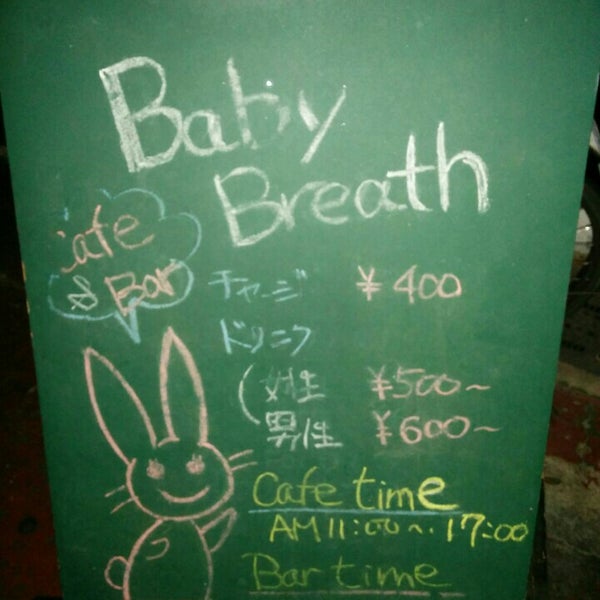 3% in the general population with no family history, it’s best to check in with your pediatrician if you notice baby has a fruity or candy smell to their breath so they can assess your child and rule out any serious causes.
3% in the general population with no family history, it’s best to check in with your pediatrician if you notice baby has a fruity or candy smell to their breath so they can assess your child and rule out any serious causes.
Vinegar
Vinegar has its uses around the house and in the kitchen, however, one place you don’t expect vinegar is in your baby’s mouth. If baby smells of vinegar the first remedy is to try wiping baby’s face, neck, behind the ears.
Sometimes a baby can spit up while they’re sleeping or playing, and that vinegar smell can be caused by sour milk or stomach acid in their spit up that’s trapped in their skin, clothes, or bib.
If cleaning and changing baby didn’t do the trick and you find the vinegar smell is coming from their mouth, then you may want to discuss other causes with your pediatrician if the problem is consistent. GERD, or gastroesophageal reflux disease, and even acid reflux can sometimes be the culprit of sour or vinegar breath in babies.
If the sour or vinegar breath is accompanied by other symptoms like colicky behavior, gas, and vomiting then it’s time for a trip to the doctor to rule out conditions like GERD or acid reflux.
Vomit
It’s not uncommon for a baby’s breath to smell like vomit now and again. After all, babies do spit up or vomit after their meals due to their gastrointestinal system developing after baby is born. Most of the time, spitting up or vomiting after meals is nothing to worry about and the baby will outgrow this issue generally by 12 months.
If breath that smells sour or vomit-like is a constant problem not relieved over time, you should be on the lookout for other signs that your baby could have a digestive or dietary issue needing attention. Sometimes, babies that vomit forcefully or often after meals can experience acid reflux or GERD and should be seen by a pediatrician.
GERD and acid reflux can also cause a baby to be fussy or colicky, gassy, fussy during or after feeding, and won’t sleep well.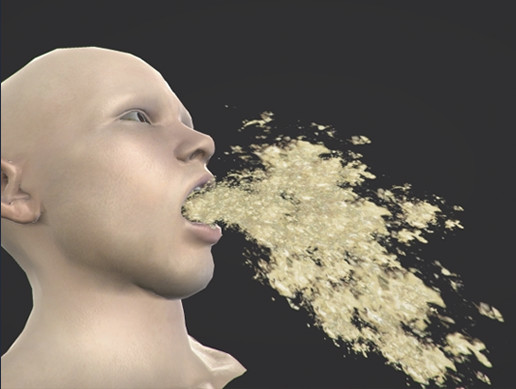
Cheese
If baby’s breath smells like cheese, it’s good to eliminate the possibility that it could actually be your baby herself that has a cheese-like odor. Be sure to give baby a good wash or wipe and change their clothes and bib. Those cute folds in baby’s skin can trap breastmilk or formula that, after a while, could cause baby to smell like an aged cheddar!
If baby’s skin and clothing are not the offenders and the odor is coming from the baby’s mouth, consider that the cheese-like, sour odor can simply be due to formula or breastmilk baby is eating. However, consistent bad breath with a sour or cheesy odor can be a sign of oral thrush, which is a very common yeast overgrowth condition in babies and can be treated with medication.
If baby’s bad breath is accompanied by white patches on the tongue or cheeks or poor feeding, then a quick trip to the doc can assess if the baby has thrush. A course of medication can quickly and easily clear this up and your pediatrician can offer other tips and remedies for preventing recurrence.
Metal
Metal mouth is usually a term reserved for those wearing braces, but since babies generally don’t have a ton of teeth, metal mouth could mean something else.
If baby’s breath has taken on a metallic smell, you may want to ensure the baby is not ill or dehydrated as this is a common complaint or symptom for those suffering from sickness or dry mouth. Be sure to check that baby doesn’t have any abrasions inside the mouth, like a cut or blister, as blood has a metallic odor.
If the metallic smell persists despite a good oral health routine, then a call to the pediatrician should be your next step. While this is usually a symptom of something common, like illness or dry mouth associated with illness or dehydration, it can also indicate other conditions like acid reflux, GERD, or respiratory infections.
Garlic
Does your baby like Italian food?
Even if baby isn’t gnawing on garlic bread yet, it’s possible for some of the flavors you eat to make their way into breastmilk. So that big pasta dinner you enjoyed might be enjoyed by baby later causing a faint garlic odor on baby’s skin or breath.
So that big pasta dinner you enjoyed might be enjoyed by baby later causing a faint garlic odor on baby’s skin or breath.
If baby is beginning to eat solids this could simply be a case of a pungent food causing some funky or garlicky breath. Grab the toothbrush and be sure to care for the baby’s gums and tongue in addition to their teeth. However, this won’t alleviate the smell immediately, so simply waiting it out is part of the remedy here.
Poop
If baby’s breath has taken on a fecal odor there are several causes to consider here.
Firstly, good oral hygiene practices should be followed to prevent the buildup of odor-causing bacteria. For babies without teeth simply wiping gums and tongue with a clean wet cloth after feedings should prevent offensive odors. For older kids, brushing twice daily and flossing should be part of your daily routine to prevent bad breath and other oral health conditions. If you’ve been practicing good oral care, then other issues may be to blame for fecal-smelling breath.
Sometimes, pacifiers or thumb sucking can lead to bad breath due to bacteria being introduced to the mouth. Be sure baby’s hands, pacifiers, and teething toys are cleaned often.
A visit to your pediatrician can help rule out common illnesses, like a respiratory infection, sore throat, or a common cold-causing dry mouth and foul breath. More serious conditions associated with fecal breath can be a dental abscess or other oral infection, a symptom of prolonged vomiting, or a bowel obstruction.
Fish
If baby’s breath has a fishy odor, sometimes described as an ammonia smell or even urine, not alleviated by brushing or cleaning the baby’s mouth and face, then a call to your doctor should be your next step because this could indicate a serious liver or kidney condition.
How can I stop my baby’s bad breath?
In most cases, routine oral care is the answer for preventing bad breath in babies and adults alike. Proper dental care and oral health begins before baby’s first tooth appears. According to the American Academy of Pediatrics, you should start caring for baby’s oral health before they even start teething.
According to the American Academy of Pediatrics, you should start caring for baby’s oral health before they even start teething.
To prevent oral health complications, like occasional bad breath, and early tooth decay in infants, the following steps are recommended to keep baby’s mouth and teeth healthy:
- Before baby’s teeth erupt, you can clear away harmful bacteria by rubbing a clean, wet washcloth over their gums after each feeding or use an infant toothbrush with water to do the same.
- When baby’s first teeth appear, you can begin using a small amount of infant toothpaste (about the size of a grain of rice) and an infant toothbrush to begin brushing baby’s teeth and gums twice daily. Speak with your pediatrician or a pediatric dentist about using fluoride.
- As your baby gets more teeth, continue to practice routine dental care to include flossing and practice spitting to prevent swallowing toothpaste.
- As baby becomes a toddler, continue to brush your child’s teeth or closely monitor their teeth brushing to ensure it’s done properly.
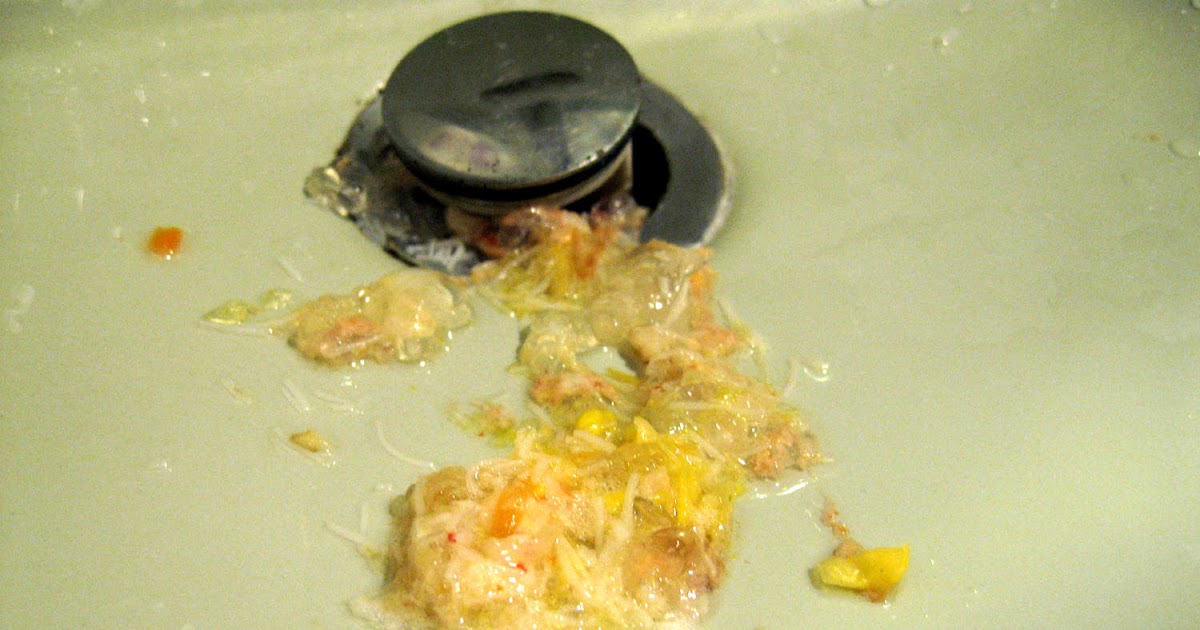 For kids 3+ you can begin to use a pea sized amount of toothpaste to brush teeth twice daily.
For kids 3+ you can begin to use a pea sized amount of toothpaste to brush teeth twice daily.
In addition to the steps outlined above, be sure to schedule a visit with the pediatric dentist of your choice by age 1 to assess baby’s oral health and to understand how best to care for tiny teeth. Other ways to prevent oral health complications include some dental care “no-no’s” like:
- Avoid giving babies fruit juices, soft drinks or sweetened liquids in their bottles or sippy cups as this can cause tooth decay.
- Never put baby to bed with a bottle because allowing liquids to sit in the mouth or on the teeth for long periods of time can lead to tooth decay.
- Only use clean pacifiers or teething toys to prevent bacteria or germs from entering the mouth. Do not dip pacifiers in any sweeteners like sugar or honey.
- Do not share saliva with baby as allowing foreign bacteria to enter the mouth can cause dental issues. For example, do not use your own mouth to clean off a pacifier or share eating utensils with baby.

- Begin practicing good oral healthcare from the start!
When should a baby use toothpaste?
Did you know that tooth decay is the #1 health issue affecting young children? That’s why the AAP has begun recommending the use of toothpaste before age 2, which used to be the standard.
As baby’s teeth begin to erupt, usually around 4-6 months of age, the American Academy of Pediatrics recommends beginning to use fluoride toothpaste as soon as baby’s first teeth appear. Use a tiny amount, about the size of a grain of rice, and an infant toothbrush to begin caring for those pearly whites!
Be sure to schedule an appointment with the pediatric or family dentist of your choice to assess baby’s oral health by age 1 or when those first teeth appear.
Does teething make baby’s breath stink?
If you notice baby has unpleasant breath while they’re teething, it’s important to check for other issues that may be at play while baby is cutting new teeth:
- Does baby have something stuck in their mouth? Sometimes baby can have a piece of food or a foreign object wedged between their cheek and gums or under their tongue, which, if left undetected can cause odor.

- Is dry mouth a concern? If baby has other symptoms, like a stuffy nose, baby will be breathing through their mouth causing dryness and the lack of saliva can create odor-causing bacteria.
- Don’t skip on brushing baby’s tongue! The tongue is an ideal place for bacteria to become trapped and multiply, so make sure tongue brushing is part of your oral care routine each day.
- If you’ve thoroughly checked baby’s mouth and are following a consistent oral care routine, then it may be time for a trip to the pediatrician or pediatric dentist to rule out other causes for bad breath during teething like illness or other conditions.
What if your baby’s breath stinks when they are sick?
Bad breath is not uncommon for people of all ages especially when someone is sick or suffering from a cold, sinus infection or sore throat.
The reason a sick baby’s breath may be unpleasant when they’re sick is that infected mucus drains to the back of the throat and stays there causing the odor.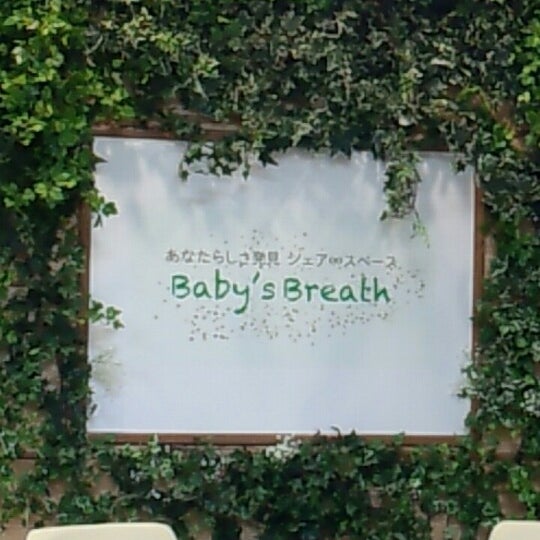 Oftentimes these common illnesses can make it hard to breathe normally through the nose causing a dry mouth, which also leads to bad breath.
Oftentimes these common illnesses can make it hard to breathe normally through the nose causing a dry mouth, which also leads to bad breath.
If baby is ill, offer plenty of liquids to help them get well and to combat dry mouth and other bothersome symptoms.
Why does your baby’s breath stink no matter what you do?
Is chronic bad breath an issue for baby? Most of the time, if baby is not sick and there are no other obvious factors contributing to odor, good oral hygiene can clear up any unpleasantness when it comes to baby’s breath. Most of the time, bad breath in children is caused by:
- Illness
- Mouth Breathing
- Medications
- Diet
- Oral infections
- Foreign objects or particles
- Poor Oral Hygiene
- Bacteria
- Dry Mouth
If chronic bad breath is an issue and your child’s dentist has determined that your child’s mouth is otherwise healthy, it may be time to head to the pediatrician for further health assessments. Sometimes chronic bad breath can be a signal something else is happening in the body and should be addressed.
Sometimes chronic bad breath can be a signal something else is happening in the body and should be addressed.
Keeping baby healthy is a full-time job and their oral healthcare is no different! Beginning early, remaining consistent, and keeping up with regular checkups can help prevent oral healthcare issues, like occasional bad breath, from happening. However, sometimes bad breath can occur despite our best efforts and in those cases, it’s important to pay attention to things like your child’s diet, symptoms of illness, behavior, and other factors that may indicate a trip to the doctor or dentist is necessary.
The smell of acetone from the mouth of a child - what does it mean? | Mamovediya
Not every parent, noticing the smell of acetone from the mouth in a child, knows what it could mean. For example, very often a child may have acetone-ammonia breath, which many parents simply do not pay attention to. However, such a situation may be a signal that the baby develops a certain disease and very often it is associated with pancreatic dysfunction.
You shouldn't joke about the smell of acetone from the mouth of a child, because it can indicate the onset of a rather serious illness and bring a lot of problems to the child and his parents.
The main reasons for the smell of acetone from the mouth of a child are violations of the pancreas, nutritional errors, stressful situations and nervous strain. Also, very often the smell of acetone from the mouth of a child may appear after a change in the child's habitual lifestyle, for example, after moving to another city or to a new apartment, or after introducing the baby to a new team, for example, kindergarten or school.
In addition, the smell of acetone from the baby's mouth may appear due to infection with worms, before the onset of SARS, diseases of the upper respiratory tract, dysbacteriosis or other disorders in the gastrointestinal tract.
Most often, the specific smell of acetone from the mouth of a child indicates the presence of a pathological condition in the body and the onset of diseases of the internal organs of the baby.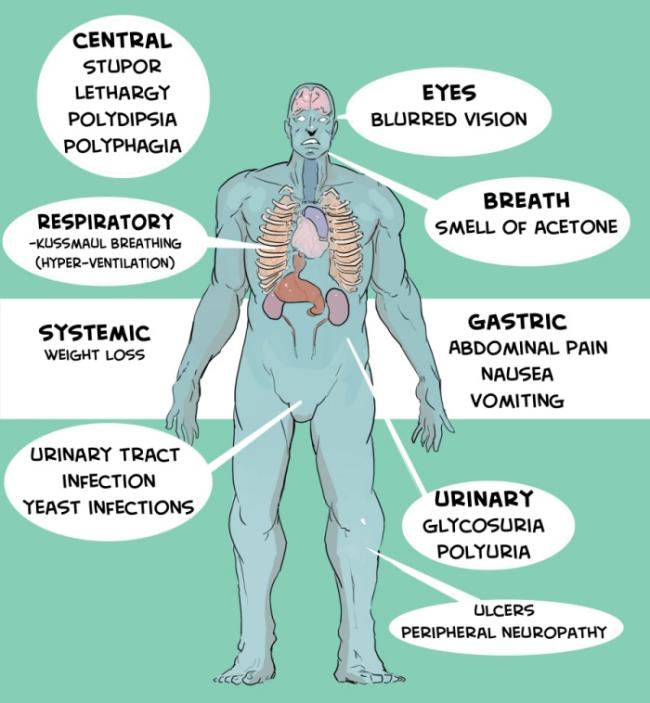 Such diseases include diabetes mellitus, diseases of the liver, kidneys and thyroid gland, various infections and acetonemic syndrome.
Such diseases include diabetes mellitus, diseases of the liver, kidneys and thyroid gland, various infections and acetonemic syndrome.
The smell of acetone from the mouth is one of the earliest signs of diabetes in a child. The appearance of such a smell occurs due to a violation of carbohydrate metabolism in the child's body. In addition, a child with diabetes develops weakness, lethargy, itchy skin and fatigue.
In case of kidney disease and the development of kidney failure, the child will have an ammonia smell from the mouth. This is due to the fact that the child's body cannot effectively cope with the process of removing the remains of waste products.
Any disruption in the functioning of the child's liver provokes disturbances in the functioning of the whole organism as a whole. In diseases such as liver injury, hepatitis, cirrhosis, there is an increase in the level of acetone in the urine and blood, and, accordingly, the acetone smell is also present in the mouth.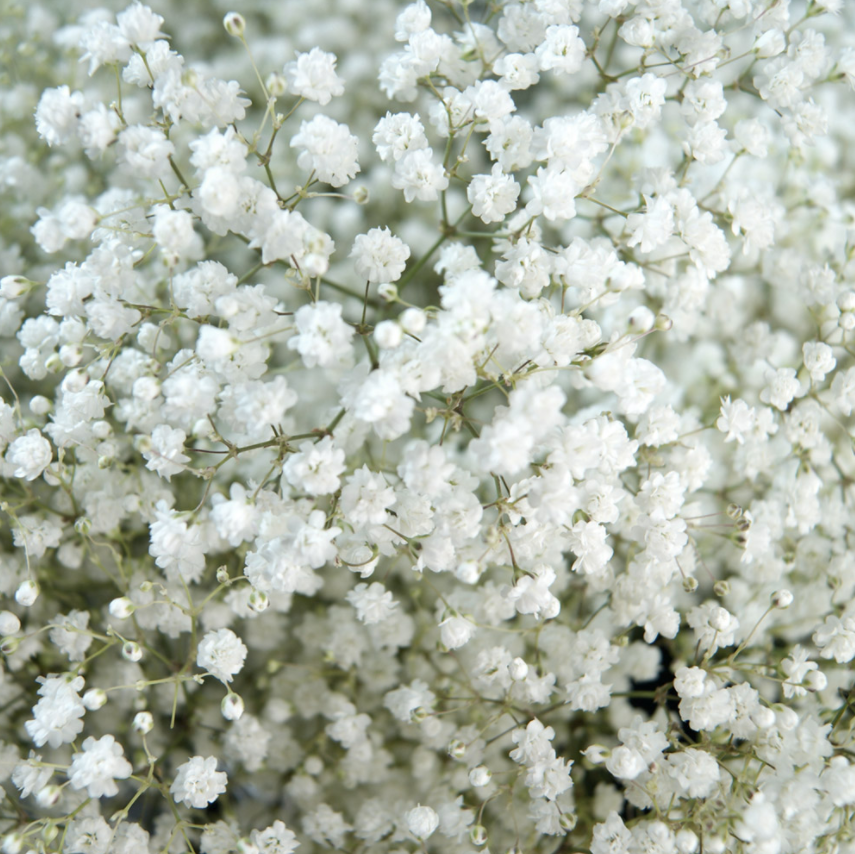
The appearance of the smell of acetone from the mouth of a child can signal thyroid diseases, so there is a need to show the baby also to the endocrinologist.
Very often, the acetone smell in the baby's mouth occurs with intestinal infections. This is due to the fact that in the child's body during infections, rapid dehydration occurs, which causes the appearance of a characteristic odor.
With acetonemic syndrome, the child also has the smell of acetone from the mouth, which is accompanied by vomiting.
In general, there can be many reasons for the appearance of the smell of acetone from the mouth of a child. In any case, if a child has acetone breath odor, it is worth immediately showing it to a pediatrician or pediatric gastroenterologist to accurately determine the cause of such a smell. Also, sometimes acetone breath in a child can appear with diseases of the teeth or gums, so it would be advisable to consult a dentist.
After examining the child, the doctor usually sends him for tests, including a complete blood count, blood sugar, urinalysis for acetone, stool for worms and dysbacteriosis. In addition to these tests, the doctor may prescribe other, in his opinion, necessary tests. Parents must strictly follow all the recommendations of the doctor.
In case of a mild course of the disease, it is allowed to treat the baby at home, but under the supervision of a doctor. When treating with acetone, the child should be provided with a water-alkaline diet, and given plenty to drink, but only in small portions. After some time, fresh food is allowed with a strict restriction of fresh vegetables and fruits, as well as fatty and fried foods. Very often, for the treatment of acetone, the doctor prescribes the intake of enzymes.
Video interview with a doctor of medical sciences: acetone syndrome in children, why it occurs and how it is treated
important information for parents - Dobrobut clinic
Causes of acetone breath odor in a child
Acetone syndrome - condition organism, characterized by the presence in the blood of an excessive amount of ketone bodies. This syndrome can be both a separate disease and occur in various diseases. The main signs of acetonemic syndrome include nausea, vomiting, lack of appetite and cramping abdominal pain.
The syndrome most often occurs before the age of 12 years, with girls suffering from the disease much more often. Read on to learn how to treat an increase in acetone in children.
Pediatricians distinguish between idiopathic (primary) syndrome, which is an independent disease, and secondary, accompanying the underlying disease. The latter include diabetes mellitus (most often a decompensated form), hemolytic anemia, thyrotoxicosis, traumatic brain injury, toxic liver damage, and others. The course of the secondary acetonemic syndrome and its prognosis largely depends on the course of the underlying disease.
Causes of acetone breath odor in a child:
- lack of carbohydrates in the diet;
- violation of acid and water-electrolyte balance in the body;
- abuse of fatty and protein foods;
- strict diet or prolonged fasting;
- excessive exercise;
- depletion of pancreatic reserves.
Symptoms of the disease
This condition is characterized by the appearance of frequent acetonemic crises, the first of which occur at the age of two to three years. Symptoms of an acetone crisis include:
- repeated vomiting, diarrhea, fever up to 38°C;
- smell of acetone from the mouth;
- lack of appetite;
- primary excitation followed by drowsiness and apathy;
- arrhythmia, skin pallor, unhealthy flush;
- spasmodic abdominal pain;
- intoxication and dehydration (dehydration).
Recall that it is extremely important for parents to know what to do with acetonemic vomiting in a child.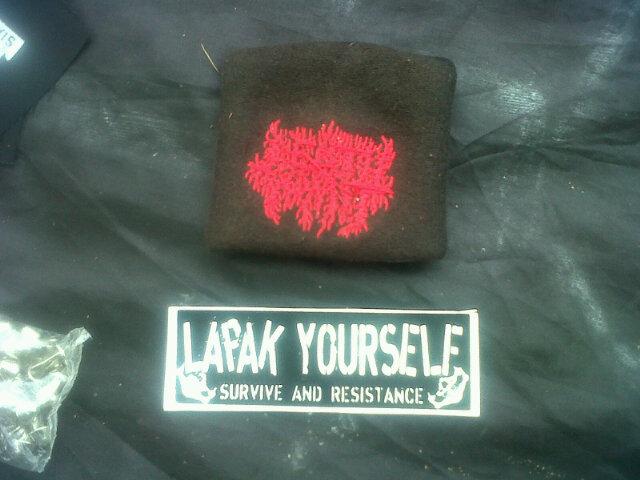
Diagnosis of the syndrome
Anamnesis data, patient complaints, clinical manifestations and the results of an additional examination are important for making a correct diagnosis.
Laboratory testing includes a biochemical blood test and a complete urinalysis. Note that the rate of acetone in children who do not suffer from this disease does not exceed 0.01 grams.
Instrumental diagnostics is an echocardioscopy, with which you can see the indicators of central hemodynamics. Acetonemic syndrome is characterized by a decrease in the diastolic volume of the left ventricle and a decrease in venous pressure. Against this background, the cardiac index is increased due to tachycardia.
Recently, urinalysis for acetone can be done even at home. For this purpose, special indicator test strips are used.
On our website https://www.dobrobut.com you can find the qualifications of specialists who advise on this issue and learn how to check the level of acetone in children.
Therapeutic measures
At the first signs of the syndrome in question, the child should be calmed and given glucose. It is also extremely important to use a sorbent - it can be enterosgel or even activated carbon. Drink plenty of water (mineral water) to avoid dehydration. Give it should be a tablespoon, but often. The use of antispasmodics is justified.
If vomiting does not stop within an hour, an ambulance should be called, which will provide qualified first aid for acetone in children.
In secondary acetonemic syndrome, treatment of the underlying disease is important.
Acetone diet in children
One of the main causes of acetone syndrome is poor nutrition. In order to avoid relapses, parents are advised to strictly control the daily diet of the baby. Carbonated drinks, chips, sweets with preservatives are strictly prohibited. Also, do not give your child fried and too fatty foods. The diet should be dominated by cereals and vegetable soups.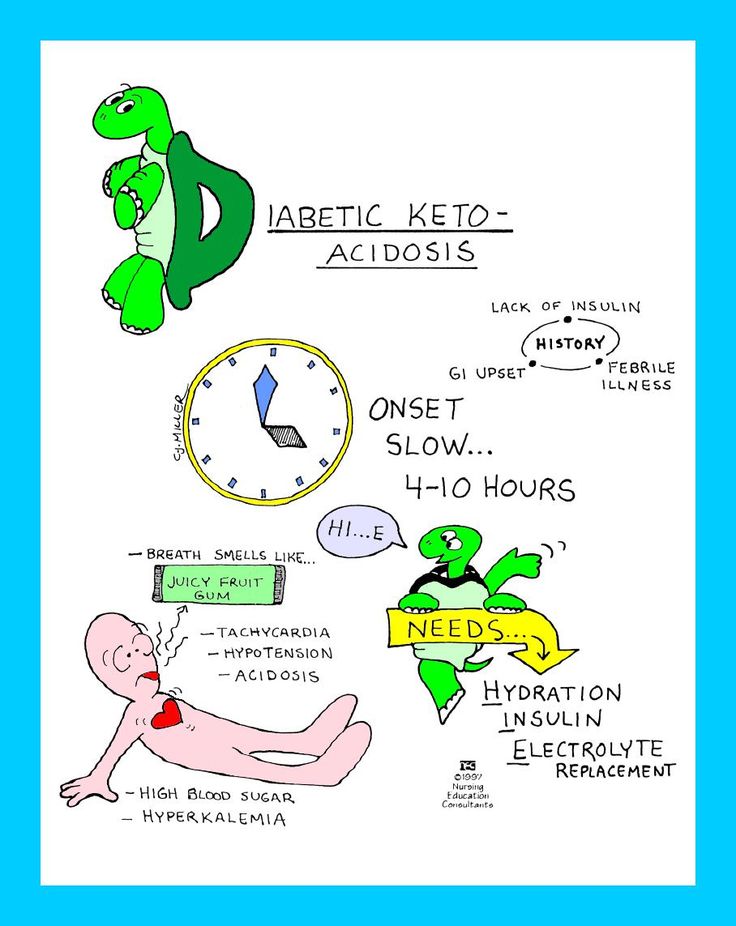 Meat, greens are added in small quantities. Dieting with acetone in children is of great importance. As a rule, doctors recommend sticking to it for two to three weeks after the crisis of acetone syndrome.
Meat, greens are added in small quantities. Dieting with acetone in children is of great importance. As a rule, doctors recommend sticking to it for two to three weeks after the crisis of acetone syndrome.
How to reduce acetone in a child: advice to parents
As noted above, at the first signs of an incipient crisis, it is important to give glucose preparations and cleanse the intestines. For this purpose, you can make an enema with a soda solution, give a sorbent and give the baby water in small portions. The district pediatrician will tell you more about how to reduce acetone in a child.
A list of easy-to-follow recommendations to help prevent relapse:
- normalization of the daily routine;
- exclusion of excessive loads;
- time limit for watching television programs and computer games;
- proper nutrition with the exception of convenience foods, fast food and quick snacks;
- outdoor walks and moderate outdoor games;
- sufficient daytime and nighttime sleep.


